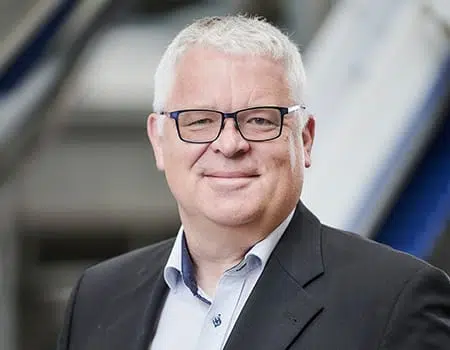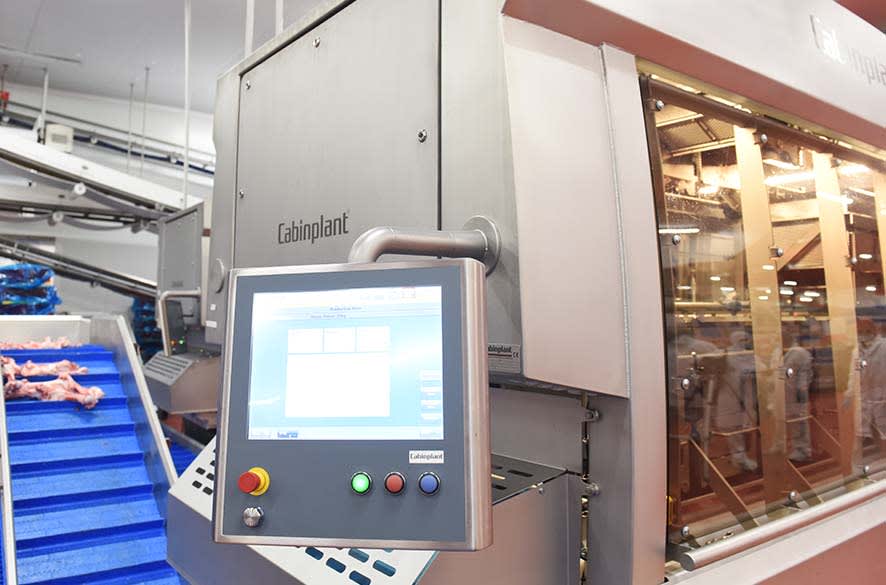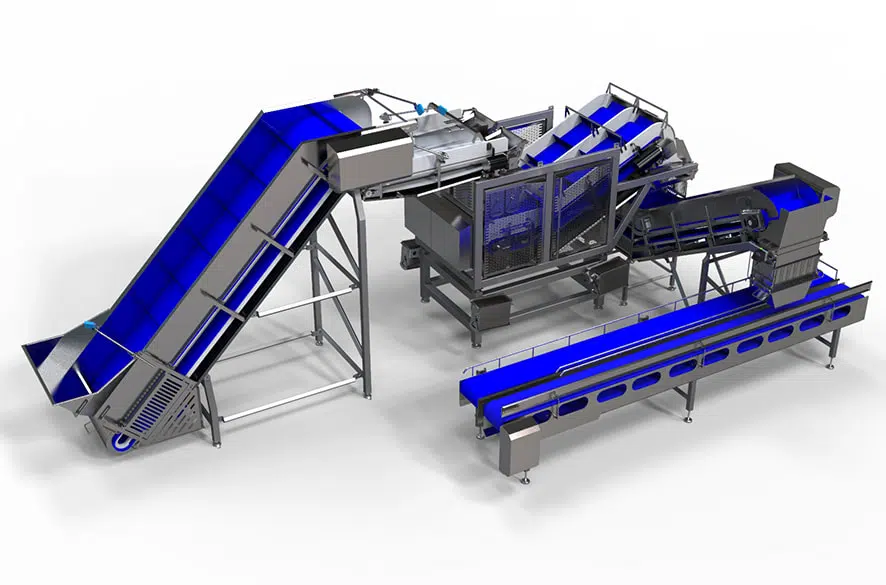The Challenge
Over the last few years, African Swine Fever has had a devastating impact on China’s pork production. Before the outbreak, China was the world’s largest producer of pork, however the country now relies heavily on imports, which surged 250% between 2018 to 2020. Since then, China’s pork industry started to recover, however the number of reported cases has recently been surging once again.
Alongside this, these events have also pushed up the price of pig feed in China, which is now at record levels (approximately $472 per ton). Assuming about 318kg of feed is needed to bring a pig up to 126kg, the cost is $165 per pig. This means it is far cheaper to import the meat from abroad than to raise it locally.
Meeting Chinese demand
China’s production may have faltered, but its preferences have not, and the average Chinese person consumes 48kg of meat per year – 30kg of which is pork[ii]. Chinese pork imports now account for nearly 50% of the global meat trade, creating significant opportunities for European pork producers to help satisfy local consumer demand.
One of these producers is Litera Meat in Spain, part of the Pini Group. Litera Meat is one of the biggest slaughterhouses in Europe and since the 130,000m2 facility started operating in 2019, Litera Meat has built a thriving business that employs 1600 people and processes 30,000 pigs per day. The company has already developed a strong commercial network and trade agreements reaching over five continents, with China being a key market.
China will only accept imports from certified meat producers, a certification which the Litera Meat Pini Group successfully achieved last year. This opened the door of opportunity for Litera Meat, which now exports as much as 80% of its production to China, amounting to a staggering 4500 tons per day.
However, to achieve these numbers, Litera Meat needed the expertise, support, and technology of a specialist provider – Cabinplant.
The need for automation
Finding the best way to meet China’s import demands was a challenge. Manual weighing and packing was causing issues regarding production speed and accuracy and employees simply could not keep up with throughput needs. Giveaway was also a problem; with such volumes, even few grams too much in each portion would quickly add up to a significant loss of profit.
It was clear that the answer lay in automation, and so Litera Meat turned to Cabinplant for the solution. Cabinplant develops and manufactures market-leading equipment for the global food industry, particularly for processing, weighing, packaging, and handling of complex raw materials. With over 5000 projects delivered and installed worldwide, Cabinplant’s technology is recognised as the industry benchmark for difficult-to-handle, large-scale food production.
Delivering the best solution
The best system to meet Litera Meat’s needs was the Multibatcher. This is Cabinplant’s premium solution, which is designed to handle accurate combinatorial high-speed weighing of batches up to 35kg. Alongside an impressive throughput of up to 14 portions per minute, also provides exceptional accuracy that minimizes giveaway by up to 75%.
The Multibatcher was initially trialled in Pini´s factory in Hungary, which proved to be extremely effective, and so two more Multibatchers were installed in the new Spanish facility. To supplement these, Litera Meat also purchased four Quattro Batchers, which are designed to handle smaller pieces while still delivering up to 10 accurate portions per minute.
Cabinplant worked closely with Litera Meat throughout the process to make sure the solution was the perfect fit for their needs, and provided all necessary support, including procurement, installation, and training. Cabinplant also provides a full-service contract with 24/7 remote monitoring and regular maintenance visits to keep everything running at maximum efficiency and with no unplanned downtime.
A platform for success
With Cabinplant, Litera Meat was able to achieve its daily target production capacity of 30,000 pigs, which results in 4500 tons of high quality, fully certified pork meat shipped to China every single day.
Such efficiency and capacity have been instrumental for the future of the business. By accelerating production and accuracy, and by reducing manual labour, Litera Meat has been able to develop a highly price-competitive offering that is securing relationships with Chinese customers and helping to increase market share across the region.
The results have been so positive, that Litera Meat is currently making plans for a new slaughterhouse in Italy, which will also have Cabinplant’s Multibatcher and Quattro Batcher technology at the heart of its meat processing operations.
“Cabinplant has enabled us to scale up pork production faster and more accurately than we thought possible. We are now a major supplier to the China market.” – Francesco Pini, Managing Director – Litera Meat.
Start exploring your options
If you are looking to increase your food production throughput, accuracy, and efficiency, the experts at Cabinplant are ready to help.
With the Multibatcher, we have been able to quickly take advantage of a huge opportunity to meet Chinese pork demand.”
Benefits
- All-in-one process
- Space saving
- Better yield
- Less labor cost
- Easy to clean
- Full tracking of raw materials and finished products
Want to know more?
Does this solution fit your requirements? At cabinplant we are experts in creating the right customized solution. Get in touch with one of our specialist and learn more about how this solution will fit into your project.
Yes, contact me about my project"*" indicates required fields
Products in case story
Contact a specialist
We have people all around the world who can help.



Have a question?
We’re here to help
Looking for the right solution for your food processing needs? Our team of specialists is ready to help you optimize your production, reduce waste, and boost efficiency. Reach out to us today — let’s explore how we can support your business.
Phone: +45 63 73 20 20
Email: cpi@cabinplant.com
Please allow all cookies to view this content.




